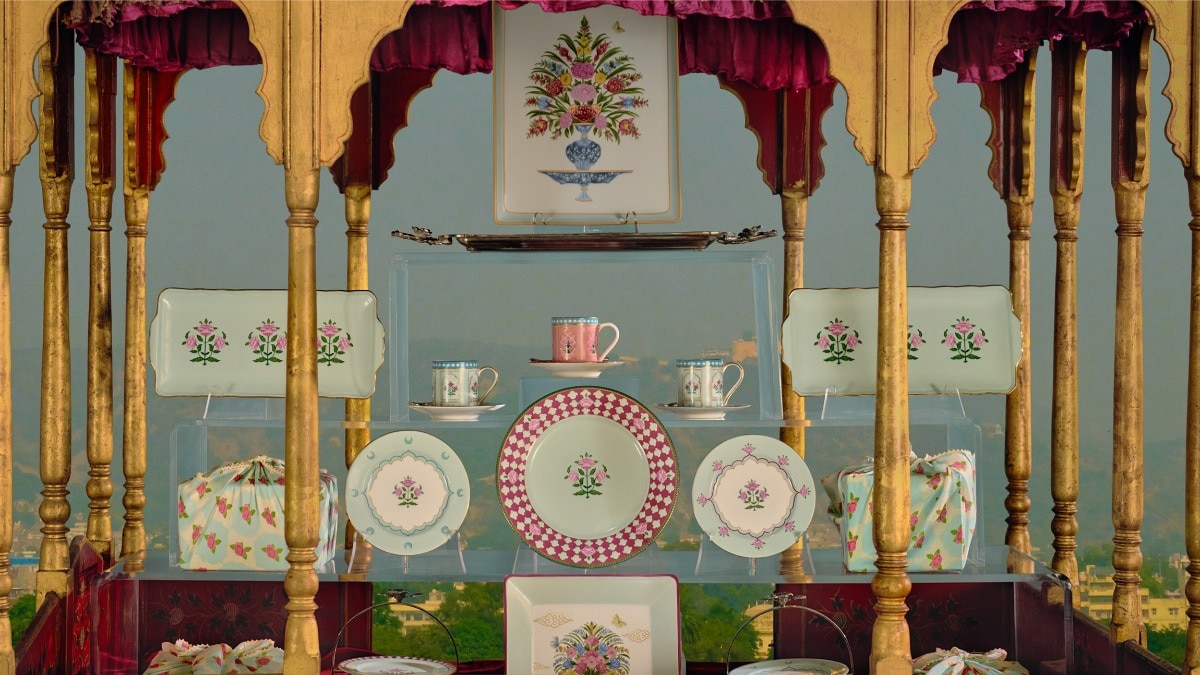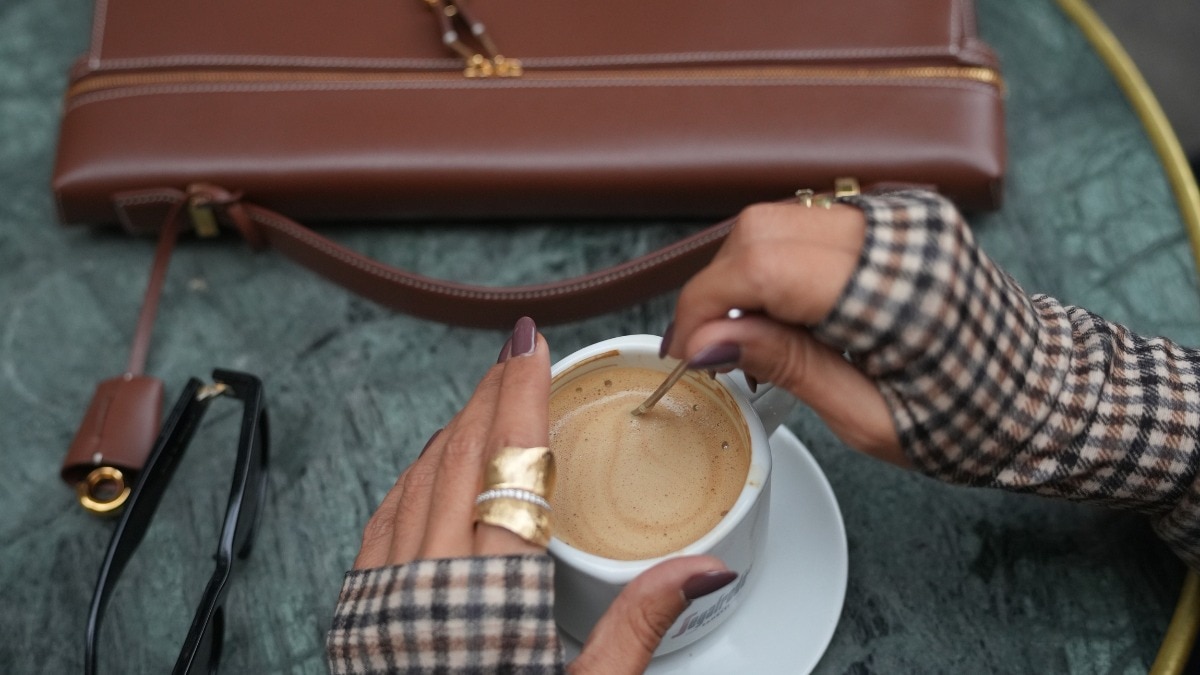Signs you are being a toxic partner
Introspect, reflect and make a change.


I don’t think toxicity is a permanent personality trait; sometimes, people end up behaving negatively, and that causes discomfort to their loved ones until they heal themselves. You may have grown up with abandonment issues and then you go on to cling too tightly to your partner. You may have been cheated on and then you go on to become paranoid and want to know their every move. People are not essentially bad; they are just hurting from their past, and they need to heal.
Unless you face your insecurities and issues, you will continue to be toxic in someone’s story. You may not even realise it, but your ways would be hurting your partner.
Let’s explore the signs that indicate you may be behaving like the toxic one in your relationships. Identifying these signs can help you take the necessary steps to improve your behaviour and build healthier connections.
You fail to show empathy
If you frequently dismiss or invalidate the feelings and experiences of others, it suggests a self-centered approach that hampers healthy communication. Empathy is the ability to understand and share the emotions of a partner. Without it, relationships suffer. Reflect on your interactions and ask yourself if you genuinely listen to others and consider their perspectives.
You’re always finding faults in them
A negative and judgmental attitude can be detrimental to relationships. If you consistently focus on the negatives without acknowledging the positive aspects of your partner, it can create an atmosphere of toxicity. Take a moment to examine your thought patterns and work on adopting a more constructive and supportive approach.
You are excessively dominating
You exhibit controlling tendencies, seeking to dominate or often emotionally manipulate your partner. This behaviour can manifest as exerting excessive control over decision-making, limiting freedom, or even resorting to emotional or physical abuse. Recognise that healthy relationships are built on trust, respect, and allowing individuals to be themselves. Practice relinquishing control and fostering an environment of mutual trust and autonomy.
Expecting too much validation
Constantly seeking validation from others can drain emotional energy and create an unhealthy dynamic. Consider whether you rely excessively on others for approval, and make an effort to develop self-confidence and self-worth independent of external validation.
You play the blame game
Do you often struggle with accepting responsibility for your actions and tend to deflect blame onto your partner? If you find yourself consistently making excuses, refusing to apologise, or failing to acknowledge your mistakes, it may be a sign of toxic behaviour. Taking ownership of your actions is crucial for personal growth and for fostering healthier relationships. If you genuinely think you’re always right and your partner is always wrong, you need to learn to see from the other person’s perspective.
You don’t respect boundaries
Setting boundaries is vital for maintaining healthy relationships. Toxic individuals often struggle with this either by crossing others' boundaries or failing to establish their own. Reflect on whether you respect the boundaries of your partner and communicate your own needs effectively. Honouring boundaries creates a sense of safety and respect in relationships.










